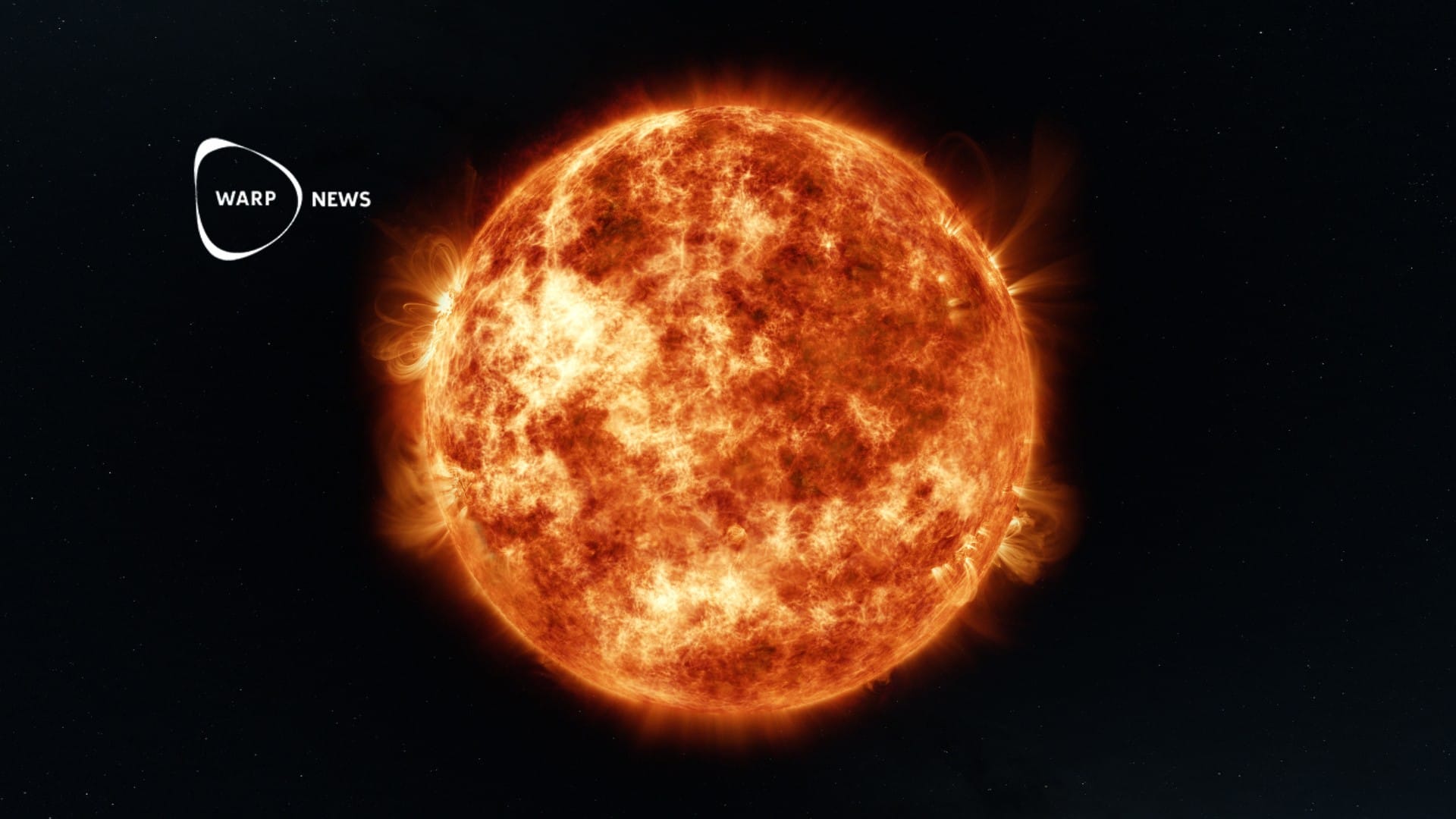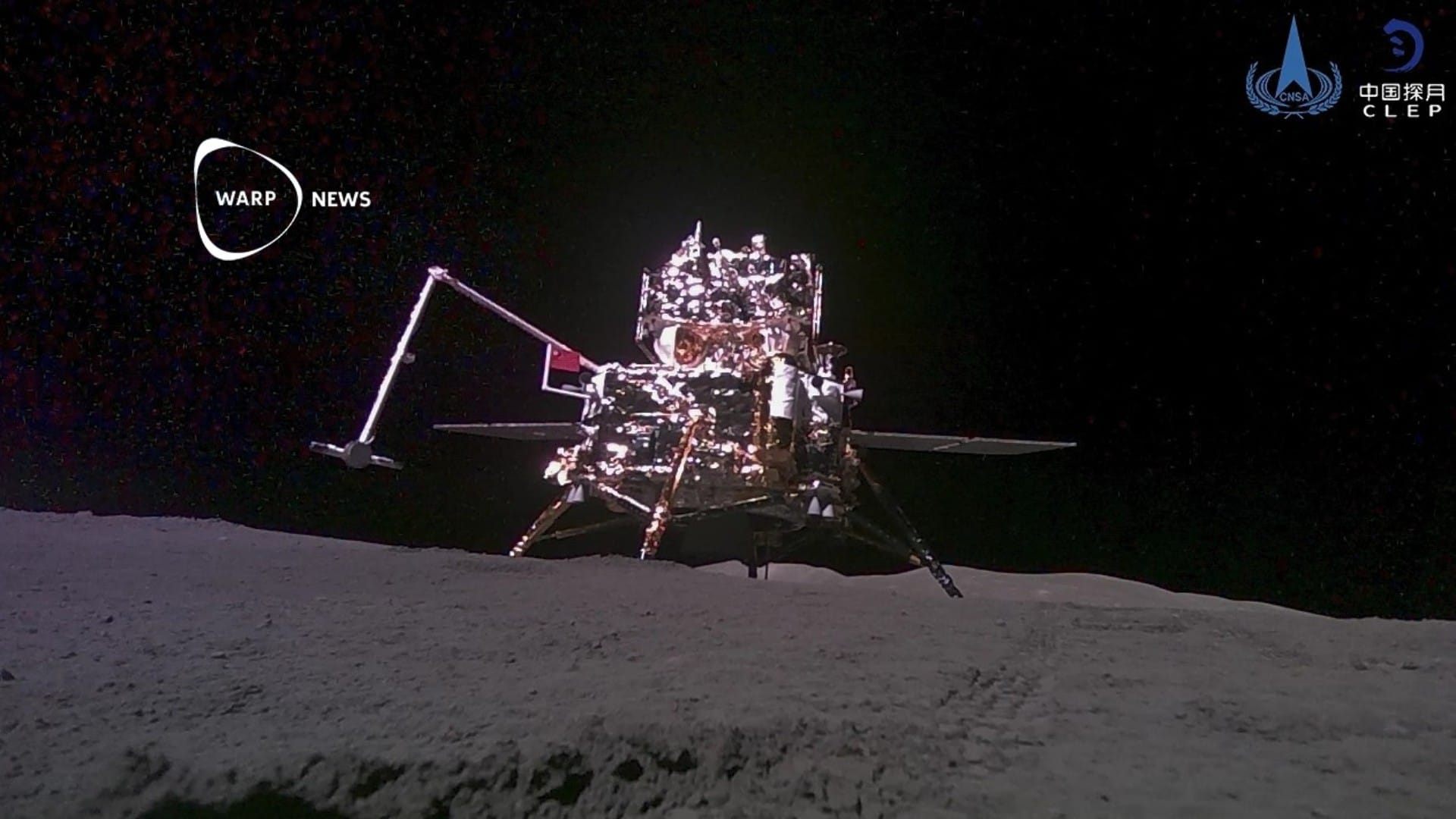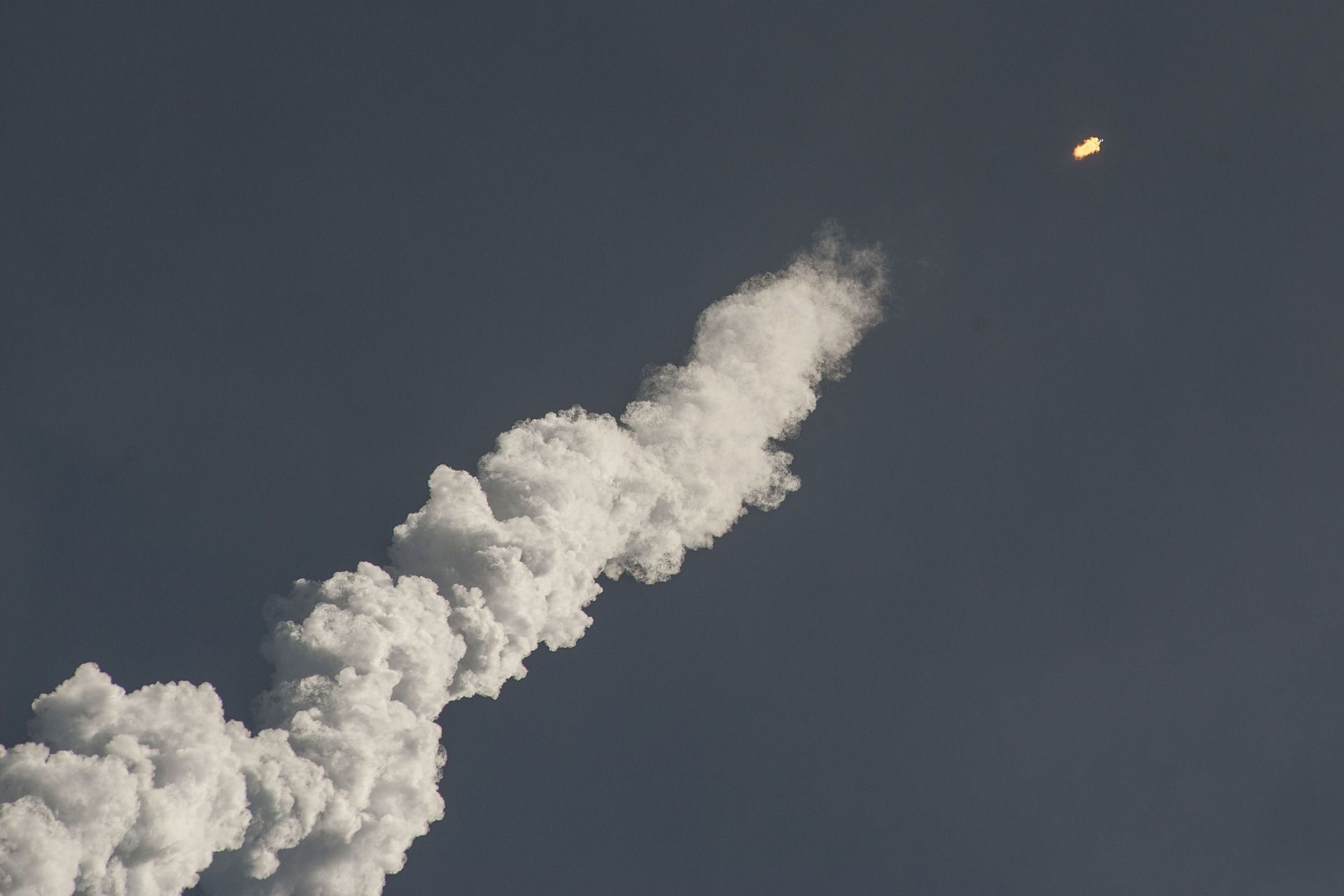
🛰 Ukrainian innovation could reduce space debris
Autophagic - or self-consuming - rockets, results in lighter rockets and almost no space debris.
Share this story!
We've previously covered the dangers of space debris and several different solutions pursued by companies and agencies around the world. Even in war-struck Ukraine, work on an intriguing piece of the puzzle continues to move forward.
Promin Aerospace is the name of a startup that aims to create lighter, more affordable rockets that leave no debris. Like many others, they aim to democratize space by providing launch services for small satellites weighing three kilograms.
What differentiates Promin from its competitors is what they refer to as "Autophagic Technology." Or, in plain English: self-devouring technology. Essentially, the rockets will use the fuel tanks themselves as fuel, reducing the passive mass of their spacecraft.
"Promin Aerospace uses the proprietary gasification method and subsequent burn of the solid fuel tanks material in the rocket engine. This method, along with pulsation combustion, reduces passive mass and scale factor impact. We have named this method - the autophagic technology", the company writes on their homepage.
Although the war has undoubtedly impacted business life in Ukraine, Promin included, the company still believes they'll be able to make a suborbital launch this year and offer commercial suborbital launches the following year, according to SpaceNews. Orbital trials and services are slated for 2024 and 2025, respectively.
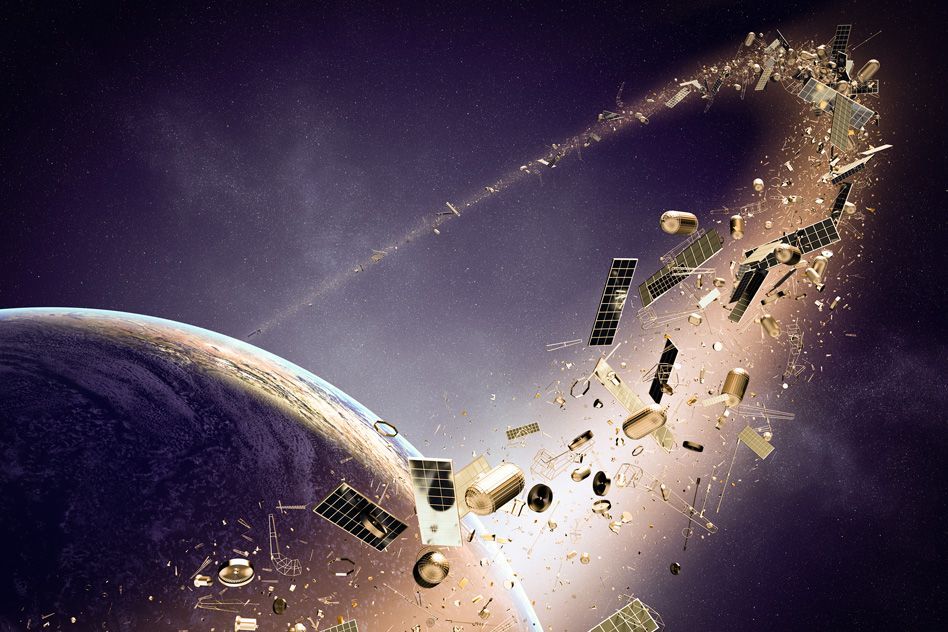
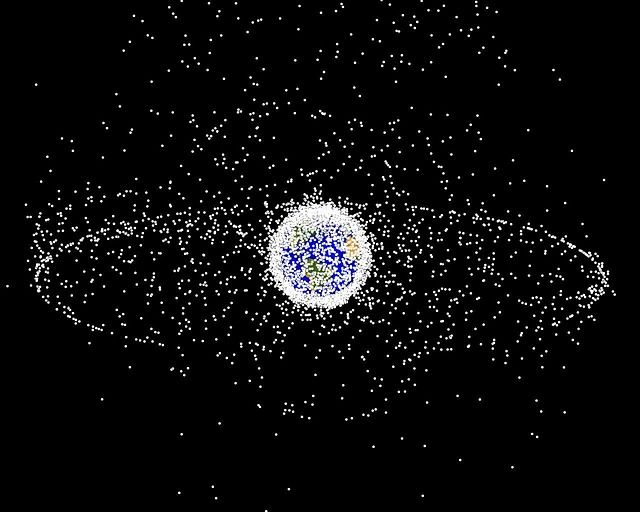
By becoming a premium supporter, you help in the creation and sharing of fact-based optimistic news all over the world.


